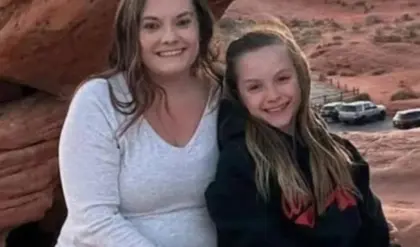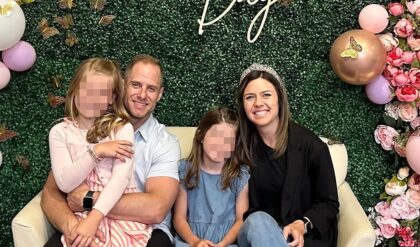It’s no secret that we’ve been living in the “Golden Age of Television” for some time now, going back to the early days of The Sopranos and The Wire. The quality has remained high over the past decade or so, but as with all forms of media, it has evolved with the times. Story is still king and the abundance of cable networks have allowed a wide variety of stories to be told on a number of different canvases: a five-season long character transformation on Breaking Bad, a dense and obtuse period study on Mad Men, a twist on the “procedural thriller” formula on Homeland, and even a unique take on the horror genre with Penny Dreadful. However, in addition to the high quality and the sheer enormity of solid programming on display, a new trend has begun to take shape thanks to HBO’s tremendous True Detective.
That series was an oddity in that one filmmaker—Cary Joji Fukunaga—directed every single episode, resulting in the kind of singularity of vision and artistry usually reserved for feature films. And now, based on True Detective’s success with the experiment, highly revered directors like David Fincher, Steven Soderbergh, and David Lynch are throwing their hats into the ring.
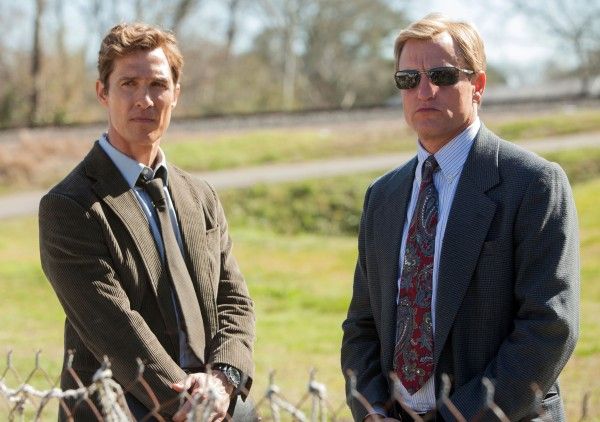
It’s generally acknowledged that the difference between film and TV is that film is a director’s medium and TV is a writer’s medium. In the world of feature films, the director forms an attachment to the material over an extended period of time from pre-production to release, during which he or she is calling all the shots.
In television, however, the writer is the head-honcho. Full seasons are arced out in advance as a team of writers breaks each and every story under the guidance of the showrunner, and directors are brought in to execute this specific vision in service of the season as a whole. Moreover, multiple directors are needed for each season in order to maintain the fast pace and schedule of TV.
The distinct line between TV and film, however, started to get really blurred with HBO’s True Detective. Not only did this anthology series boast a pair of bona fide movie stars in the leads—Matthew McConuaghey and Woody Harrelson—but the creative team that put the show together was comprised of only one writer and one director. Creator Nic Pizzolatto wrote every single episode of the show’s first season, and Cary Joji Fukunaga (who had previously helmed the films Sin Nombre and Jane Eyre) was tasked with directing every episode.
This was a herculean challenge and one that Fukunaga admits was grueling, as he didn’t have time to start the post-production process on the season until after all of the episodes had been shot. He spent nearly six months in the editing room after filming ended, but the result was one of the most satisfying and compelling pieces of entertainment to grace the small screen.
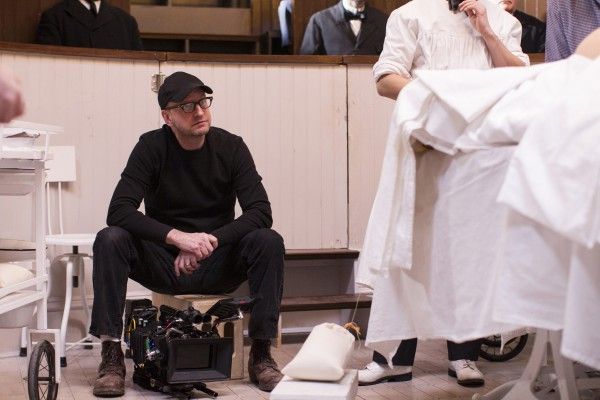
Much of the show’s success was due specifically to the singularity of vision that was a result of Fukunaga directing every episode. Instead of just helming one or two installments and trying to fit into the pre-determined mold without rocking the boat too much, Fukunaga personally presided over every single visual cue, allowing for the close-ended season to feel like one complete story; True Detective was essentially a very long movie.
The show was lauded by critics and audiences alike, and now other filmmakers are flocking to the world of television with an eye on attempting the same thing. Soderbergh directed every single episode of Cinemax’s new series The Knick to stellar results, David Fincher next plans to direct every first-season episode of the new HBO thriller series Utopia, and we just learned that filmmaker David Lynch is resurrecting Twin Peaks on Showtime with the intention of directing all nine episodes himself. These are major directors devoting extended periods of time to long-form storytelling.
While television has been especially attractive to filmmakers over the past decade, TV came with strict restraints that kept a lot of really talented directors away. You had the odd case of a highly respected director coming in to direct an episode or two—Quentin Tarantino on CSI, Martin Scorsese on Boardwalk Empire—but by and large these kinds of filmmakers merely flirted with the world of television; it wasn’t something they could fully embrace.
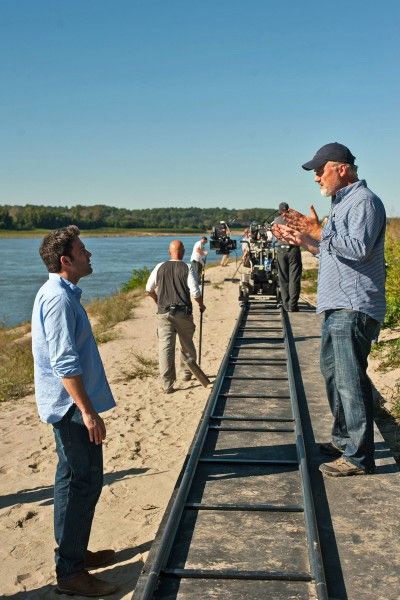
However, with the advances in digital technology and the networks’ willingness to get bolder and more risky, we’re seeing some really exciting filmmakers roll up their sleeves and dig into TV for the long haul. Soderbergh was extremely enthusiastic about his experience on The Knick and will return to direct every season two episode himself as well, and while Fincher got a taste of TV with House of Cards, his work on the upcoming Utopia marks an ambitious undertaking for the exacting filmmaker.
This also comes on the heels of “adult dramas” becoming more and more rare in the studio filmmaking system. Soderbergh became so jaded by the process that he up and retired, and though Fincher is coming off an incredibly successful adult drama of his own with Gone Girl, he’s had trouble getting other projects off the ground in the past. Studios just aren’t willing to put as much money into films that aren’t franchise branded or superhero material, and as a result the kind of dramatic storytelling that used to pervade throughout multiplexes has moved to television, resulting in yet another point of attraction for filmmakers.
As a fan of both films and TV, it’s hard not to get excited by the blurring of the two worlds. Writers continue to exert an enormous amount of creative power in television (Noah Hawley wrote every episode of FX’s well-received Fargo), but now TV is becoming more inclusive, allowing for some of today’s best visual storytellers to wade into the waters of long-form storytelling and collaborate with these brilliant scribes. This singularity of vision is something we can all agree is a very promising prospect, and when you add directors like Fincher, Soderbergh, and Lynch to the mix, the “Golden Age of Television” doesn’t look to be coming to an end anytime soon.

